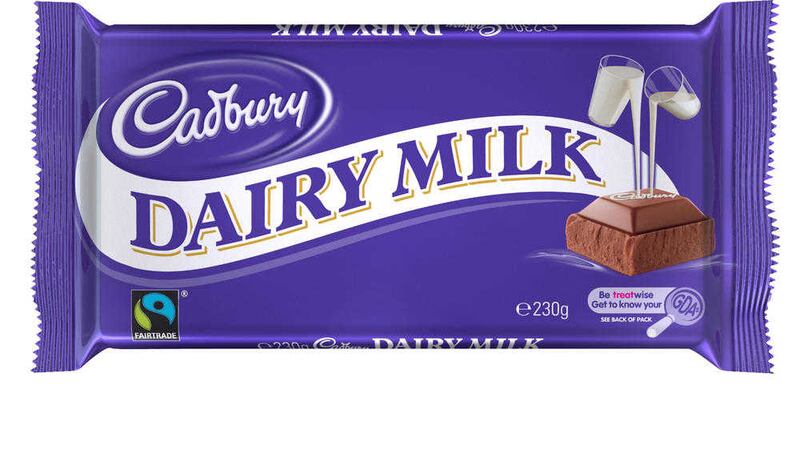THE financial crisis and the continuing turmoil in some western economies, has sparked debate about the fundamental nature of the capitalist system and the purpose of the companies that operate within it.
The notion that companies have tended to concentrate too much on short-term profitability and too little on their own long-term viability has lodged itself with the greater public.
A case in point is Cadbury, with its long local history in the West Midlands since 1879, succumbing to a hostile takeover bid – the fiduciary duty to shareholders conflicting directly with a long-term sense of social responsibility to employees and communities. Look more recently at the global VW emissions scandal driven by excessive corporate greed.
In light of this, there is much discussion on how public companies need to shift the way they perceive business’ value and its role in society. There needs to be deep seated and systematic changes to deal with the stresses and volatility ahead of rebuilding the economy and to restore business’s standing as a force for good.
Companies should serve all stakeholders, not just shareholders in order to maximize long-term value – corporate boards should behave more like owners – behaviours found in the mutual business model. A broad definition of a mutual is an organisation owned by its members and managed for their benefit.
Although many of us have used or consumed products from, or been a member of a mutual, few of us understand what a mutual is. Nor do we realise the significant footprint these mutuals provide, in a modern economy with growing dissatisfaction with the short term agenda of many companies.
Their unique member ownership structure and democratic governance model makes for organisations that are powerfully aligned on mission and strategy with a focus on preserving long-term stability. Let's face it much that went awry stemmed from failures of governance, decision making and leadership within companies.
A recent McKinsey report estimates that mutuals represent approximately 3 to 5 percent of the world’s GDP. Their 2012 McKinsey on Cooperatives Report identified the core advantage of cooperatives being their proximity to customers – they have a closer relationship with customers and a deeper understanding of their expectations and needs.
Locally there are over 250 mutuals in Northern Ireland with a turnover of £1.1 billion. One success story is Progressive Building Society, which has reported year on year growth – they operate solely in Northern Ireland to serve the people of Northern Ireland.
There is a strong sense that major institutions, particularly in financial services, have lost the trust of the public due to the lack of governance. As a result, curiosity in different forms of organisation has certainly increased since the financial crisis took hold, and the mutual model has come full circle and become fashionable again. Over the last century, the mutual movement has grown from a small gathering of organisations to a global economic movement.
Despite recent difficulties with the Co-op Bank, experts from the sector predict the co-operative movement to be on the rise. New research by the Social Economy Alliance has also found a clear preference among consumers for community-owned businesses, which reinvest profits. Mutuals are largely regarded as having transparent, ethical business models, given that they have to be accountable to their members, who have an equal say in how the business is run and decide how profits are used.
A report commissioned on behalf of the Commission of Inquiry into the Future of Civil Society in the UK and Ireland argued that alternative financial institutions to the large quoted diversified financial firms have a key role in the architecture of the financial system. The UK government concurred recognising that mutuals suffer from fewer agency type problems, for example, conflicts of interest between depositors, borrowers and shareholders. Profits accrue to members while remuneration cannot be by stock options reducing the incentive to excessive risk taking.
Key to the success of this model is members’ engagement. As mutually owned organisations, member engagement and corporate governance are closely linked. Whereas for plcs, such as banks, customer satisfaction is a means to maximise profits, for mutuals listening to customers feeds into strategic decisions and the accountability of managers.
Mutual’s flourished in the 19th century by meeting people’s basic needs relating to saving, insurance, food and housing through co-operative societies, friendly societies, building societies and other mutual enterprises.
By the end of the nineteenth century, these had grown into highly significant businesses based on democratic member control and federal structures. However, during the twentieth century, their role was to be undermined by the growth of state welfare, as well as a loss of purpose in a more affluent context.
Recent signs of renewal have been complemented by the growth of worker co-operatives, credit unions, football supporters’ trusts and the spread of mutual principles to a range of public services.
Of the 6,796 mutuals across the UK, the John Lewis Partnership is not only the best-known, it has become the UK’s best performing mutual with a turnover of £10.9bn. The mutual sector is now worth £37bn a year to the UK economy, a 15 per cent rise on 2010 according to a report published by industry body Co-operatives UK.
History has a habit of repeating itself. The societies and institutions that our forefathers have relied on still have some value in today’s economy. We would do well to remember that.
:: Claire Aiken is managing director of Belfast and Dublin-based public relations and public affairs company Aiken PR.
:: Next week: Brendan Mulgrew.








